Introduction:The Egyptology Museum in Cairo
The Egyptology Museum in Cairo is a treasure trove of ancient artifacts, preserving the rich history and cultural heritage of Egypt. From mummies to intricate artworks, this renowned museum offers a captivating insight into the fascinating world of ancient Egypt. In this article, we will embark on a journey through the Egyptology Museum, delving into its remarkable collections and uncovering the secrets of this extraordinary institution.
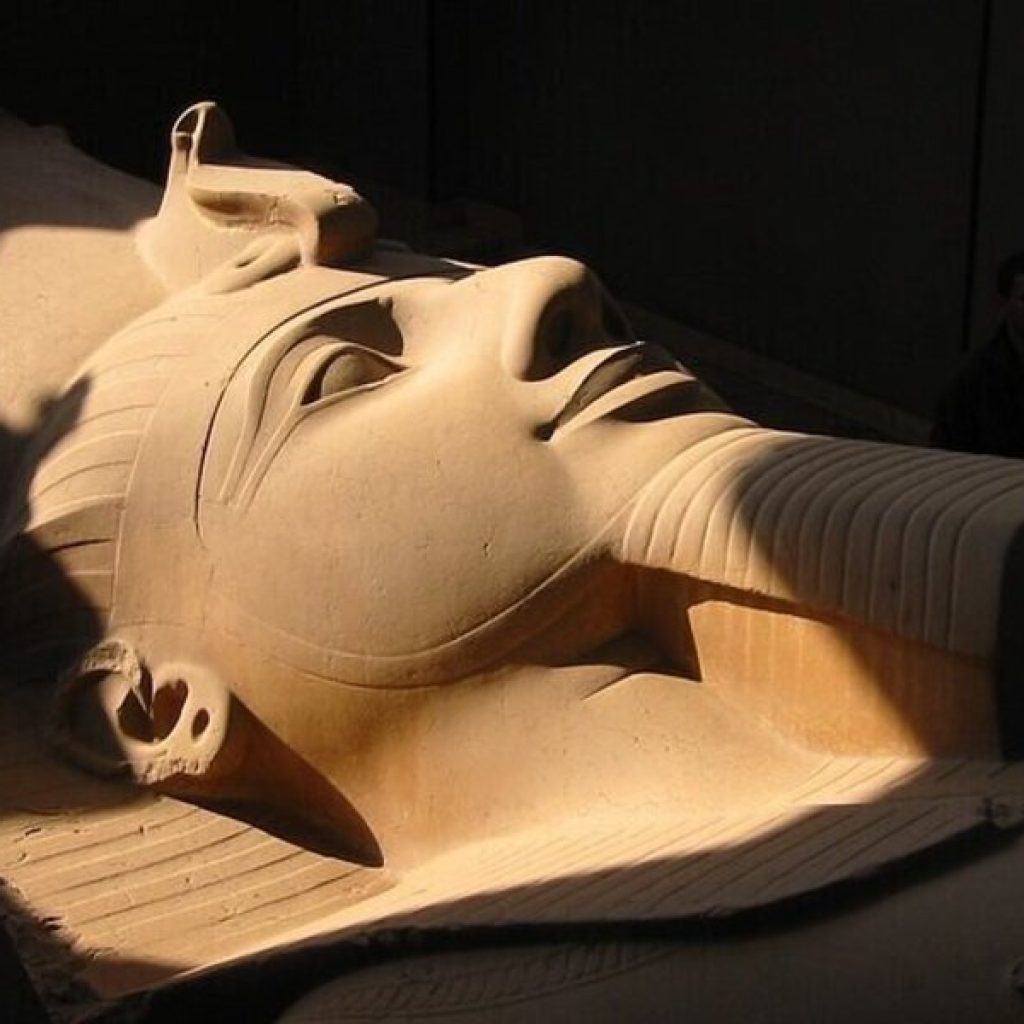
Table of Contents:The Egyptology Museum in Cairo
- History of the Egyptology Museum
- The Tutankhamun Collection
- Ancient Egyptian Artifacts
- The Mummy Room
- Royal Tombs and Funerary Objects
- Temples and Statues
- Modern Interpretations and Exhibitions
- History of the Egyptology Museum:
The Egyptology Museum, located in Tahrir Square, Cairo, has a rich history of its own. Established in 1902, it was initially designed to house the overflow of artifacts from ancient sites. Over the years, the museum expanded its collection and became a world-renowned institution dedicated to preserving and showcasing Egypt’s cultural heritage. - The Tutankhamun Collection:
Undoubtedly, one of the highlights of the Egyptology Museum is the Tutankhamun Collection. Discovered by Howard Carter in 1922, the tomb of the young pharaoh Tutankhamun contained a wealth of treasures. The collection includes the iconic golden mask, intricate jewelry, ornate furniture, and other exquisite objects that provide a glimpse into the opulence of ancient Egyptian royalty. - Ancient Egyptian Artifacts:
The Egyptology Museum houses an extensive collection of ancient Egyptian artifacts that span thousands of years. From intricately carved statues and sarcophagi to intricate amulets and hieroglyphic tablets, each artifact tells a story of the ancient Egyptian civilization and its beliefs, customs, and artistic achievements. - The Mummy Room:
Step into the mysterious world of the Mummy Room, where visitors can admire the preserved remains of ancient Egyptian pharaohs, priests, and nobles. These well-preserved mummies provide valuable insights into the ancient Egyptian burial practices, allowing us to understand the rituals and beliefs surrounding the afterlife. - Royal Tombs and Funerary Objects:
Explore the fascinating world of royal tombs and funerary objects, which offer a glimpse into the elaborate burial rituals of ancient Egypt’s elite. The museum showcases intricately decorated coffins, canopic jars, shabtis, and other artifacts that were buried with the deceased to assist them in the afterlife. - Temples and Statues:
The Egyptology Museum also houses a remarkable collection of temple artifacts and statues. These include colossal statues of pharaohs, fragments from ancient temples, and decorative elements that once adorned the grand structures of ancient Egypt. These artifacts provide insight into the religious practices and architectural achievements of the ancient Egyptians. - Modern Interpretations and Exhibitions:
In addition to its permanent collections, the Egyptology Museum hosts temporary exhibitions that explore various aspects of ancient Egyptian culture. These exhibitions often feature modern interpretations of ancient artifacts, interactive displays, and educational programs, offering visitors a dynamic and immersive experience.
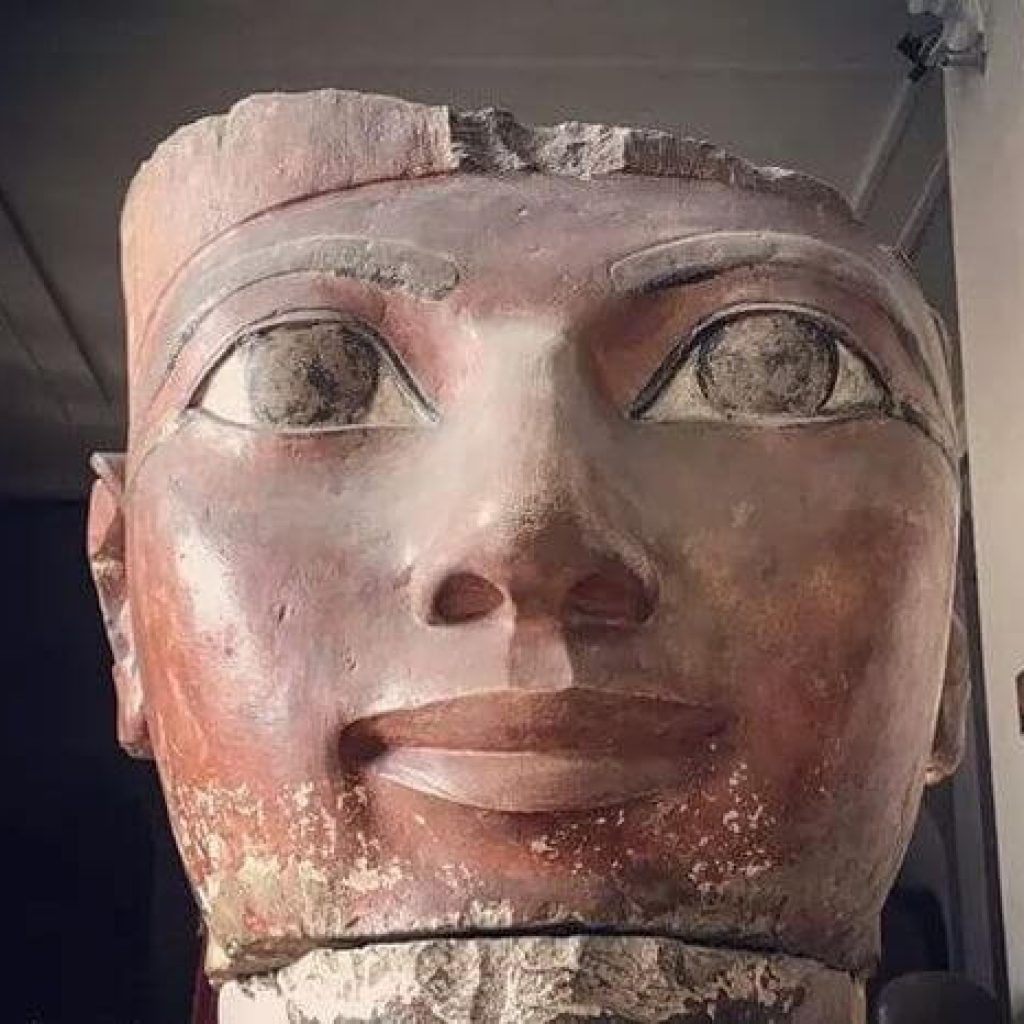
Conclusion:The Egyptology Museum in Cairo
The Egyptology Museum in Cairo stands as a testament to the enduring legacy of ancient Egypt. Its collections of artifacts, mummies, and treasures provide a captivating window into the past, allowing visitors to connect with the rich history and cultural heritage of this extraordinary civilization. A visit to this iconic museum is a journey through time, a chance to marvel at the achievements of the ancient Egyptians and gain a deeper understanding of their beliefs and way of life.
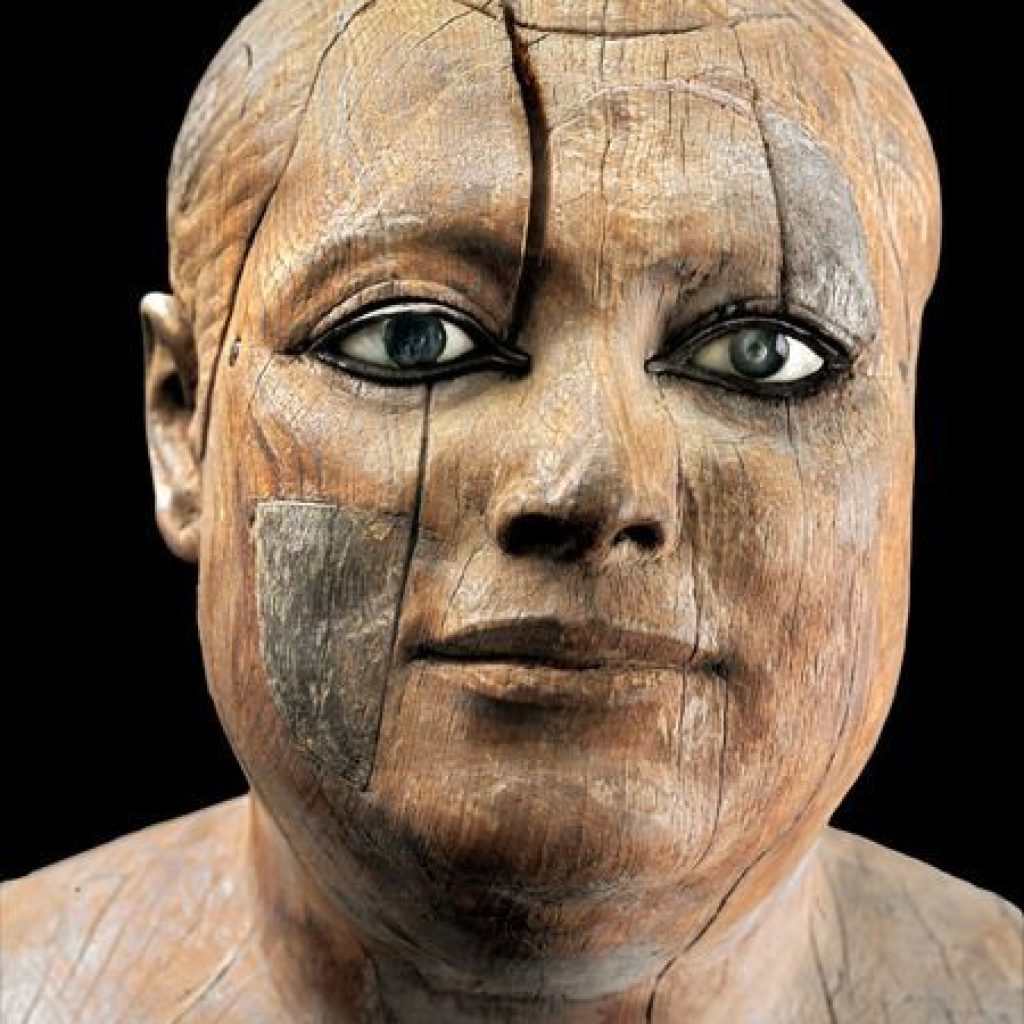
FAQs:The Egyptology Museum in Cairo
- Q: What are the opening hours of the Egyptology Museum in Cairo?
A: The Egyptology Museum is typically open from 9:00 am to 5:00 pm. However, it is recommended to check the official website or contact the museum for the most up-to-date information on opening hours. - Q: Are photography and videography allowed inside the Egyptology Museum?
A: Photography and videography are generally allowed inside the Egyptology Museum, but additional fees may be required for cameras and video equipment. Flash photography may be restricted in certain areas to protect the artifacts. - Q: Is there an audio guide or guided tours available at the museum?
A: Yes, the Egyptology Museum offers audio guides and guided tours in multiple languages to enhance the visitor’s experience and provide in-depth information about the exhibits. These can be obtained at the museum’s entrance or through pre-booking. - Q: Are there any restrictions on touching the artifacts?
A: To preserve the artifacts, visitors are not allowed to touch the exhibits in the Egyptology Museum. It is important to respect the displayed items and follow the museum’s guidelines and instructions. - Q: Can children visit the Egyptology Museum?
A: Yes, children are welcome to visit the Egyptology Museum. It is afamily-friendly attraction, and there are often educational programs and interactive exhibits designed specifically for younger visitors. - Q: Are there dining options available within the Egyptology Museum?
A: Yes, there are dining options available within the Egyptology Museum, including cafes and restaurants where visitors can enjoy a meal or a snack. These establishments often offer a variety of Egyptian and international cuisine. - Q: Is the Egyptology Museum accessible for individuals with disabilities?
A: The Egyptology Museum is committed to ensuring accessibility for all visitors. It provides facilities and services for individuals with disabilities, including ramps, elevators, and accessible restrooms. It is advisable to contact the museum in advance for specific accessibility inquiries or assistance.
Please note that the information provided in this article and FAQs may be subject to change. It is recommended to verify details and check the official website of the Egyptology Museum for the most up-to-date information before planning a visit.
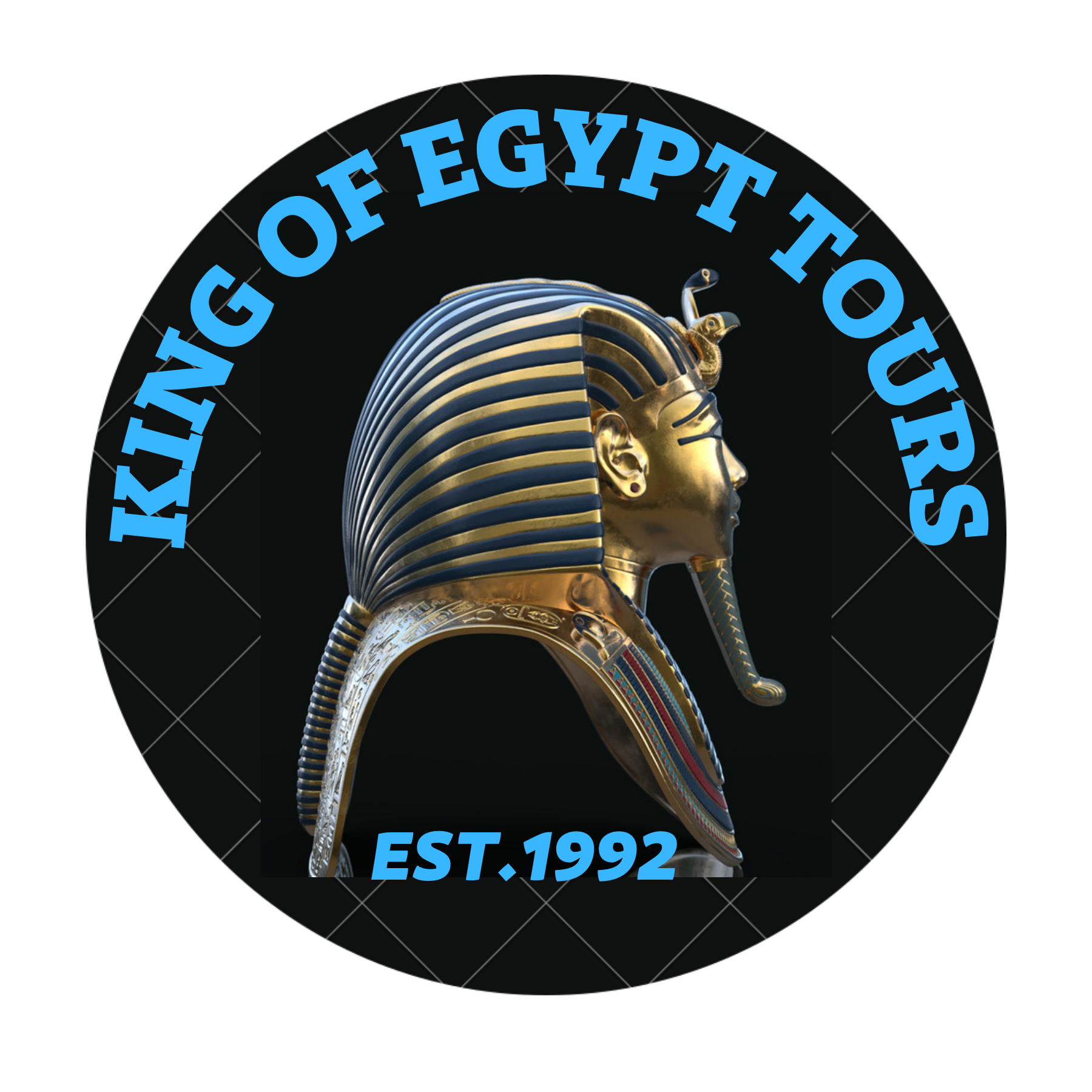
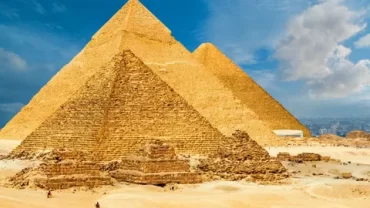

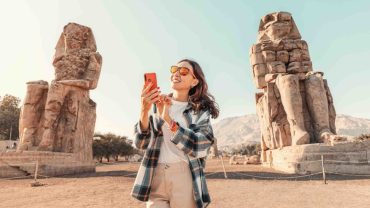

Comment (0)